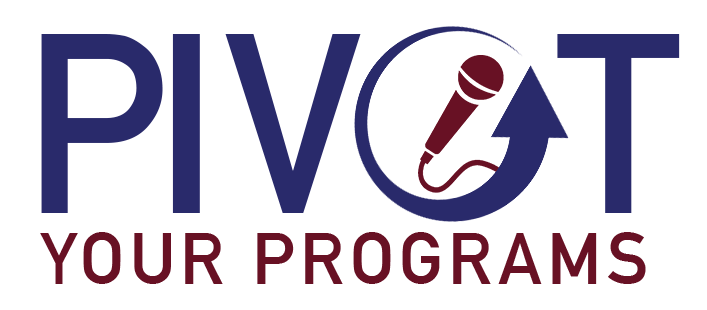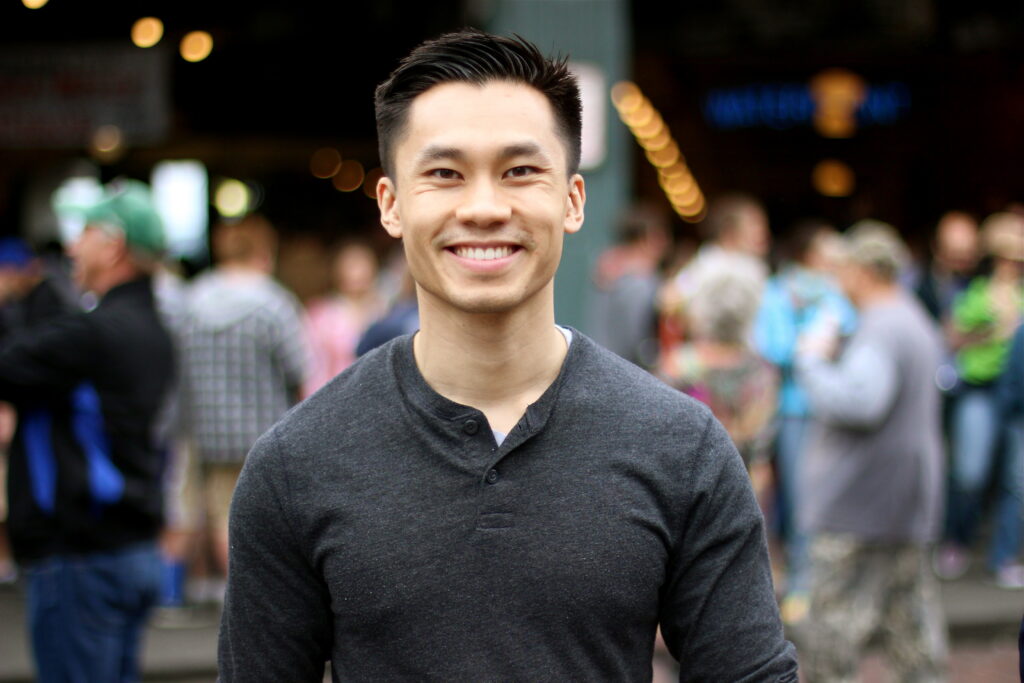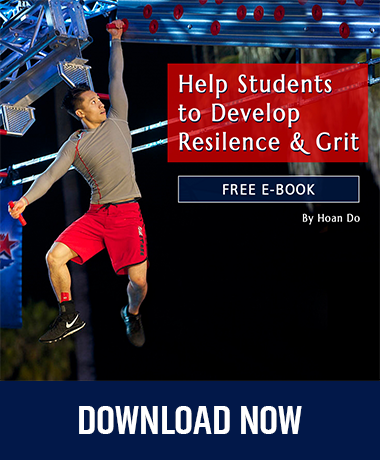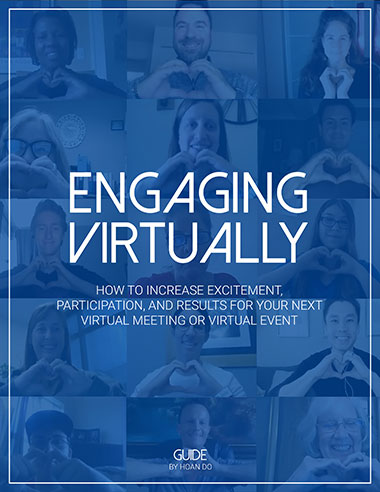
We are moving into a time when online learning and virtual events are increasing and many questions come up in regards to how to keep students involved, connected, and engaged. APCA has introduced their new weekly best practices webinar series, Pivot Your Programs!
The first webinar was hosted by APCA’s Executive Director, Eric Lambert, and co-host and advisor, Douglas Hall. Joining them were several guests who offered their expertise on techniques for virtual entertainment.
Guests
Carol Studer, owner and operator of Everything But the Mime, a college entertainment agency that offers virtual entertainment options. Carol offers a great virtual event where students can watch her create beautiful customized paintings of their names that they can have drop-shipped to them. Carol’s husband Jeff does virtual digital caricature drawings of students. Students are able to watch their process and engage with the artists, and are able to order the product.
Carol’s Tips: She says is important to have a team and work together to figure out how to make things and people engaged.
1) What are the best times of day for virtual programming?
Carol encourages people to stick with what they normally do, making adjustments if you have children at home or other things going on.
Lova Patterson, Associate Director of Student Activities at Eckerd College.
1) How are you pivoting to online events?
Lova said that she encourages the student clubs and organizations to put their skills and knowledge of programming to use to move forward in light of virtual programming. She also encourages different departments on campus to be involved with programming as well.
When asked what is at the heart of engaging people she responded by saying it is about community and engaging with each other. She explained that during COVID-19 and social isolation people are in a big state of shock not having each other.
As far as how to measure success with virtual programming Lova suggests finding any way to collect names and email addresses of participants as being very important. This is a trial by error situation since this is all new.
2) Is there an ideal length of time that keeps students engaged?
Love suggests 45 minutes to 1 hour. She added that a lot of students are online all day and don’t necessarily want to be online doing another program, so keeping things short is key to keep them engaged. And as far as what time of day seems most ideal, Lova said it depends on when classes are. For their college Mondays seem to be popular, and early evenings work. She also suggests being aware of different time zones to make it work for everyone. She, like Carol, also suggests student leaders from activity boards and student government help with outreach to other students; they have the skills and can utilize them to help with participation.
When asked about measuring success with participation and engagement for virtual programming, Lova suggests find ways to collect the names and email addresses of participants, this is very important to track who and how many are participating.
Damian Glover, Student Engagement Director with South Louisiana Community College.
At SLCC they are sending out weekly calendars with all upcoming virtual events to attend, and they have a virtual spirit week to help maintain the same campus spirit they would have on campus. They are seeing more engagement on a daily basis doing virtual events than they had in person, especially when they offer smaller and shorter daily ways for students to engage-something for every day of the week.
1) How is SLCC is handling elections?
Damian said that this was a problem area when considering by-laws, however, they are asking for these to be adjusted to fit the current situation. They are trying to find the best resources where students can submit applications and vote using Dropbox, Youtube, or Facebook.
Damian made a suggestion for artists and agents trying to engage virtually. He said colleges need something that transfers from in person to virtual. He also suggests finding local artists as more students are likely to tune into people and things they are familiar with since they cannot have access to those right now.
Damian’s Tips: keep events short and frequent to keep students engaged. For artists and agents he suggests making sure that they are providing something that transfers from in person to virtual, something affordable, time sensitive, and engaging. He suggests colleges find local artists that students are already familiar with that they can’t see right now, as they are more likely to tune in to see them.
Jason Levasseur, musician and keynote speaker. He explained that his entire upcoming schedule was wiped out due to COVID-19 and he had to adjust quickly to virtual programs. He explained that he went onto Facebook looking for a page with suggestions, and when he didn’t find what he was looking for he created his own, the Virtual Events Ideas Community.
Jason offers up a bit of wisdom to others looking to do online performances or events: “You already know what you know, you are already great at what you do,” and now the goal is to figure how to deliver that in the virtual setting. He invites guests on his programs to help them become more comfortable with the idea.
Jason agrees with Damian in booking local however also suggests that now we are close to the whole world, being just a computer away from each other. He explains that he feels more connected to people now than when he would do live performances and keynotes.
Jason’s Tips: For artists and agents he suggests paying attention to how you present yourself-you represent yourself with everything you do, say, how you move, the background, everything. For advisors he suggests finding out if performers they are interested in have at least practiced performing virtually with friends, to book the agents and artists you know and trust.
Other suggestions guests had for methods to assess programs were: work with institutions research departments to gather student information to measure who is participating in events. Utilize Survey Monkey on Zoom and look at what platforms integrate with others. Use live captioning for events to be more accessible and inclusive and ask artists and agents how to provide inclusive programs. And lastly, use layman’s terms so users know exactly what you are doing. Douglas added to test everything since every audience and every platform is different. Know how your audience is signing into Zoom (iPhone, tablet, laptop) and explain how to download the software.
Resources
Facebook page for ideas on virtual events: https://www.facebook.com/groups/499354504091393/
To learn more about APCA and register for their Pivot Your Programs! click here.




